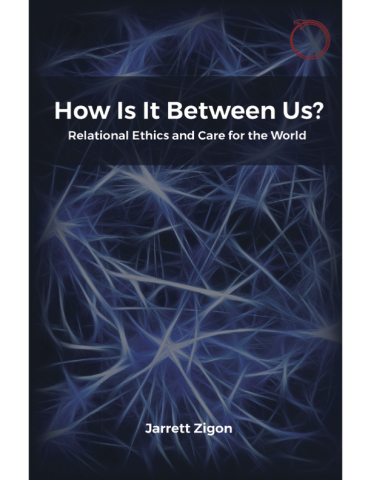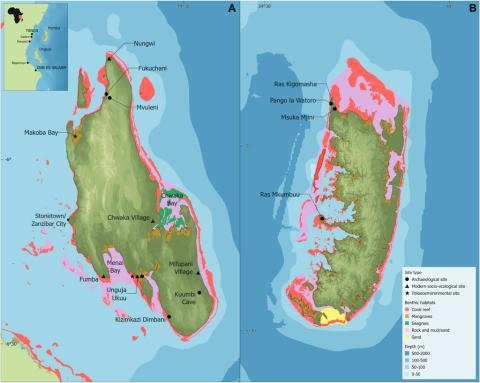Drawing on the sub-disciplinary strengths of socio-cultural, linguistic, and archaeological Anthropology, we provide students with a critical introduction to human variation across time and space. With expertise both abroad and in the United States, faculty and students examine topics such as culture and communication, language preservation, colonial legacies and inequalities, health and well-being, ethics and care, and indigenous worlds and belonging.







